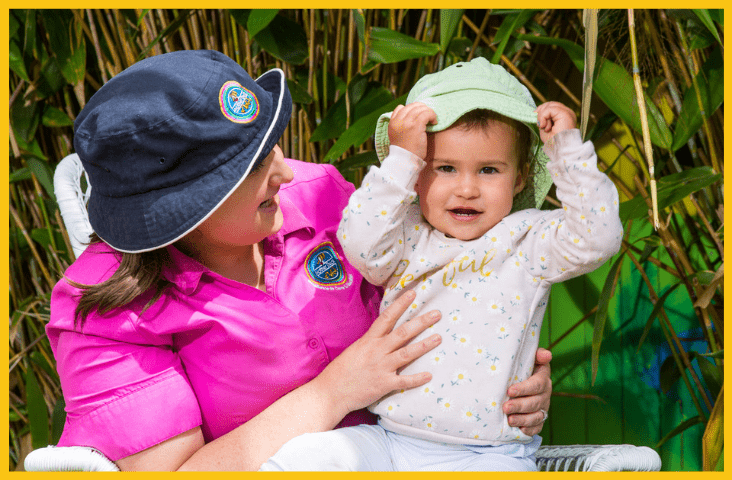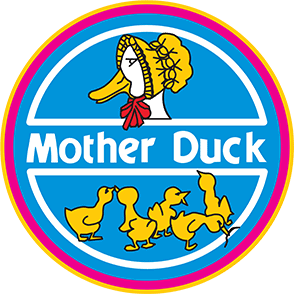
How Do We Learn Self-Regulation?
Have you ever had a moment where your emotions took complete control over your brain? Think about the last time it happened to you?
Maybe someone cut you off on the highway, or your spouse or partner didn’t help you with the housework? One of those moments when all rational thinking just went out of the window, and you were overcome with anger, frustration, or feeling completely and utterly overwhelmed? When instinct just took over, and the whole situation turned into a blur… When you were completely irrational?
Whilst we may not like to admit it, at one time or another I think most of us have experienced these feelings as an adult and allowed their emotions to take over. It’s when the “thinking” part of the brain just shuts down and pure emotion is in the drivers’ seat.
Thankfully, this is generally a rare occurrence with most adults as the prefrontal cortex of our brain is fully developed.
The prefrontal cortex controls…
“…complex thought – in particular, consciousness and various executive processes, including inhibition of impulses, integration of information, and memory, reasoning, planning, and problem-solving strategies.” – Laura E. Berk (2019 p 111)

For those of us with young children, we are keenly aware that moments like these can occur with far more regularity in children under five years old. I’m sure most of us can remember having to calm their child down over what seemed like the simplest thing. For example, giving their child a cup of water from a red cup, when they actually wanted a green cup. That part of the brain is still under construction and is not fully developed until around 25 years of age. The good news for parents is that self-regulation, impulse control, and interpersonal coping skills do improve significantly between the ages of three and six.
Children are not born with these skills but have the potential to develop these through maturation and a positive environment. Some children may need more support than others. By providing young children with opportunities to socialise with caring adults, peers as well as older and younger children, children can practice these skills in a supportive environment.
Our educators at Mother Duck Childcare understand the importance of showing empathy for all children, including those who may be still developing the skills to self-regulate. We carefully plan the learning environment, structure of the day and interactions with adults and other children to scaffold children’s developing abilities with kindness, decision making, collaboration, compassion, and mindfulness of others’ feelings. As part of this work, we are asking families to consider “Who do I want my child to be?”.

A recent article published in The Wall Street Journal by Alison Gopnik on 27 May 2021 recites recent research that good early childhood programs, that are defined as those with opportunities for play alongside caring adults, can be measured far beyond schooling into later life with increased positive effects on things like motivation and perseverance. She suggests that play in early childhood: “makes you more robust and resilient, better able to deal with the unexpected twists and turns of fate”.
For more information about our inquiry and the Reconfiguring Quality Project, please come and speak to your Centre’s Educational Leader.
– Miss Karen


